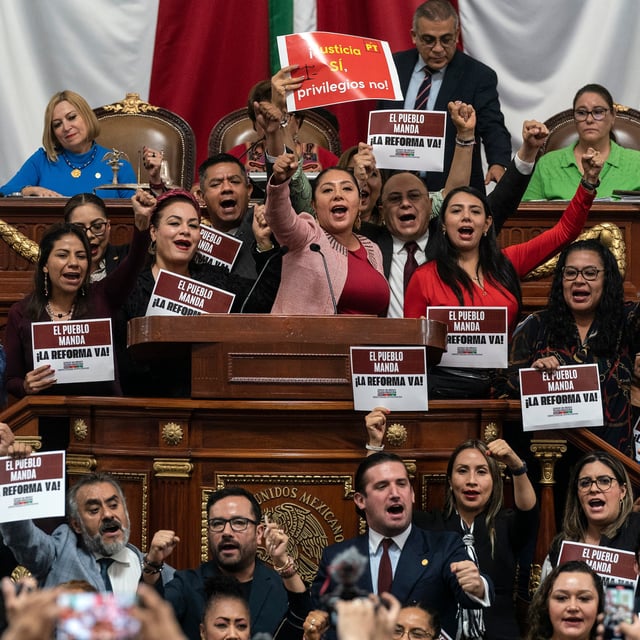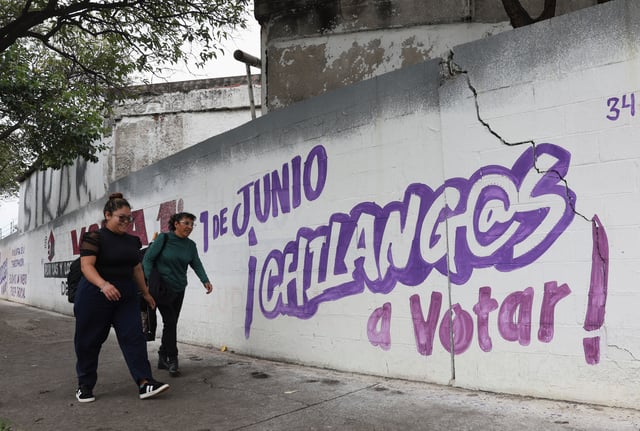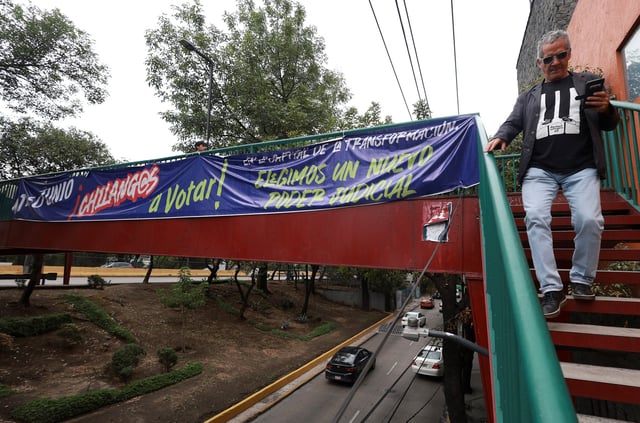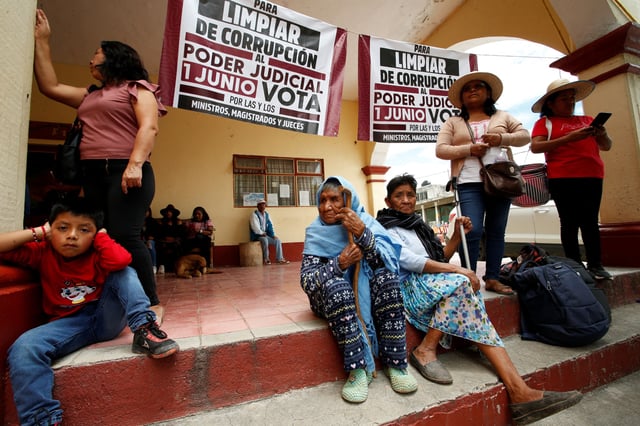Overview
- On June 1, Mexico held its first-ever nationwide judicial election to fill almost 2,700 posts, including nine Supreme Court seats and hundreds of federal and local judgeships.
- Voters confronted six color-coded ballots listing more than 7,700 candidates, generating widespread confusion and low public awareness of the process.
- Civil society organizations highlighted candidates with alleged links to organized crime, from lawyers for cartel figures to former drug traffickers, stoking fears of criminal influence in the courts.
- Political analysts predict Morena-aligned candidates will dominate the vote, potentially consolidating the ruling party’s power and weakening checks on executive authority.
- Opponents argue that the reform’s rapid rollout and limited voter education undermine judicial independence and threaten Mexico’s rule-of-law commitments under the USMCA.



